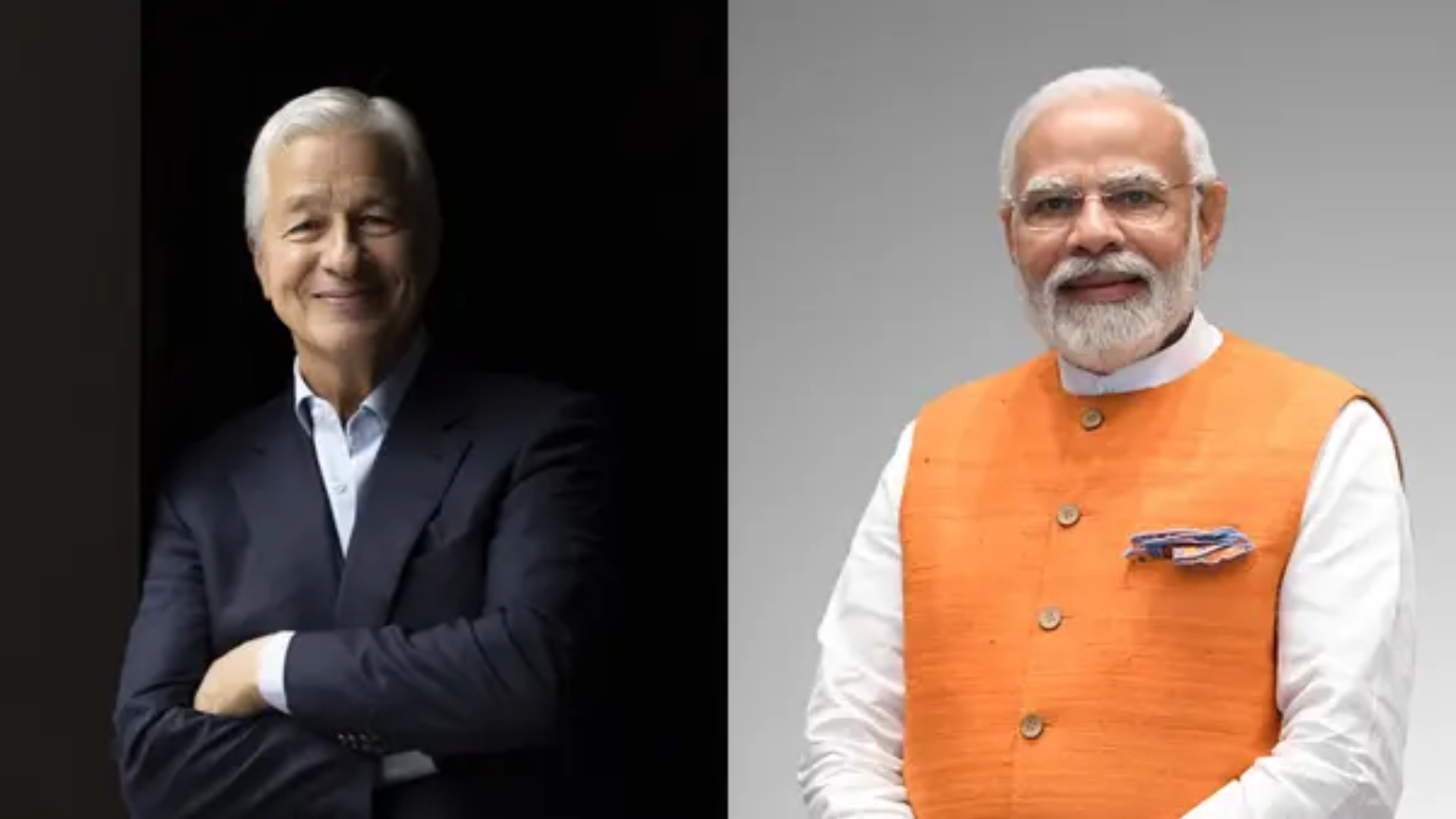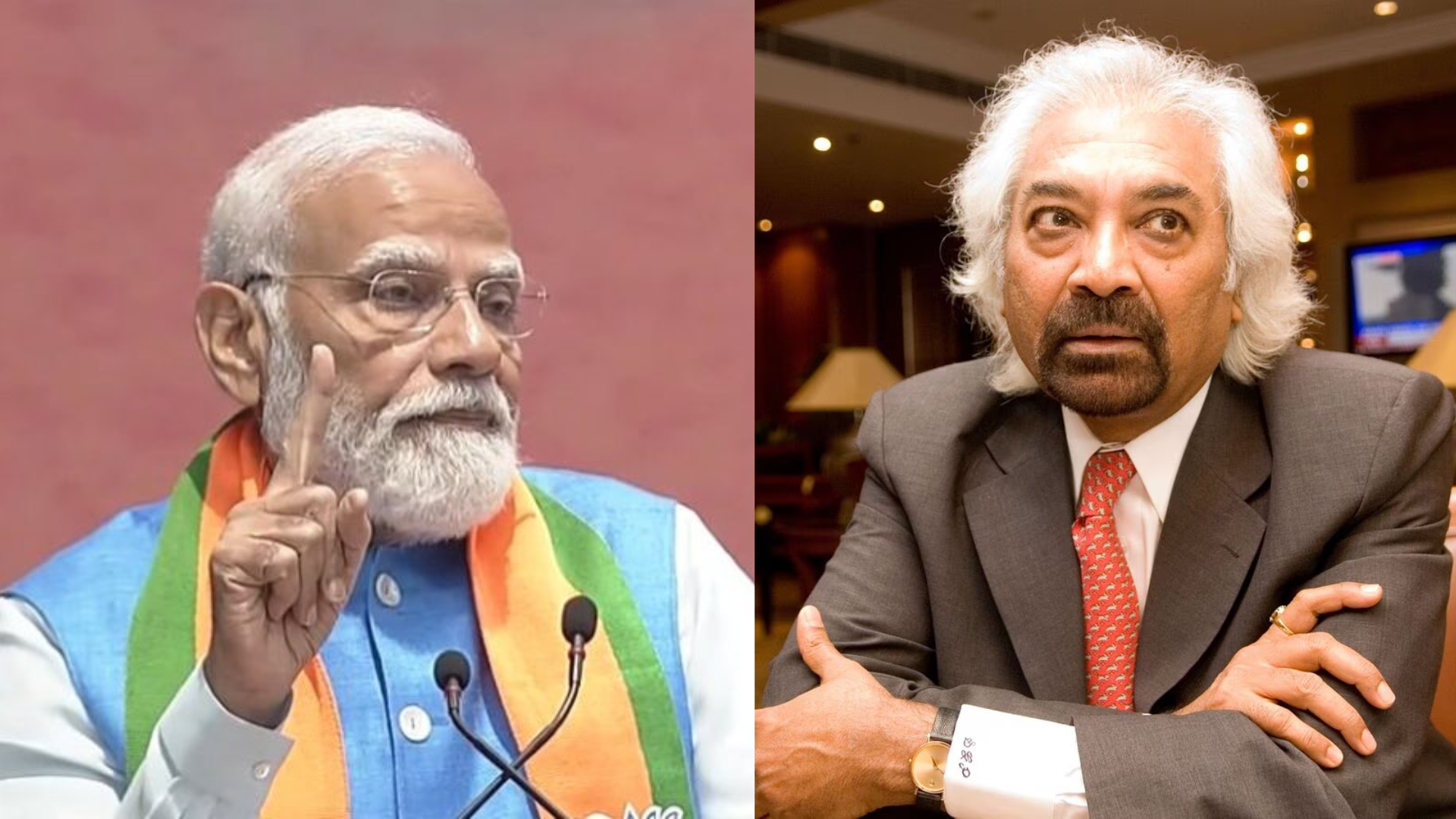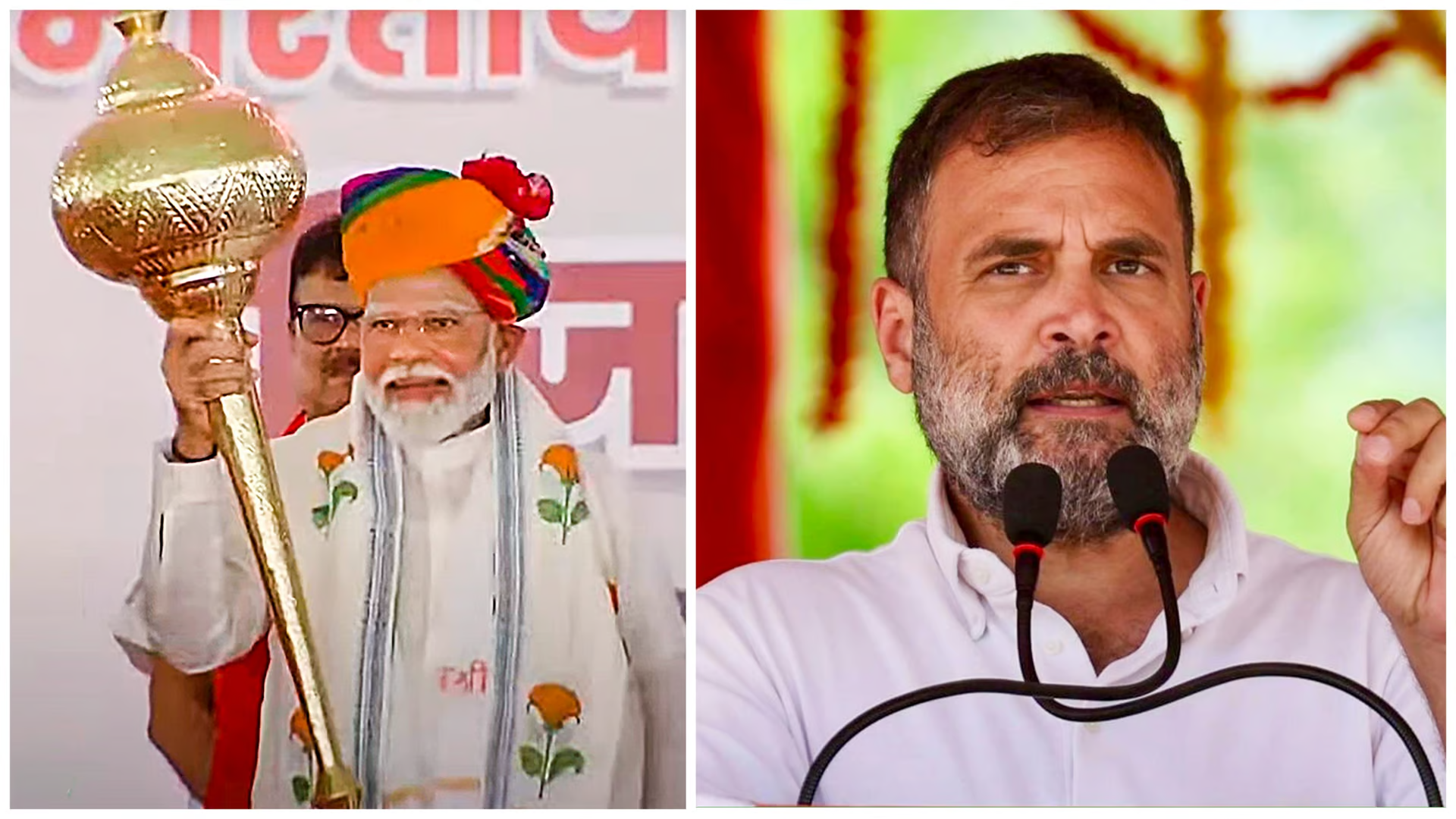



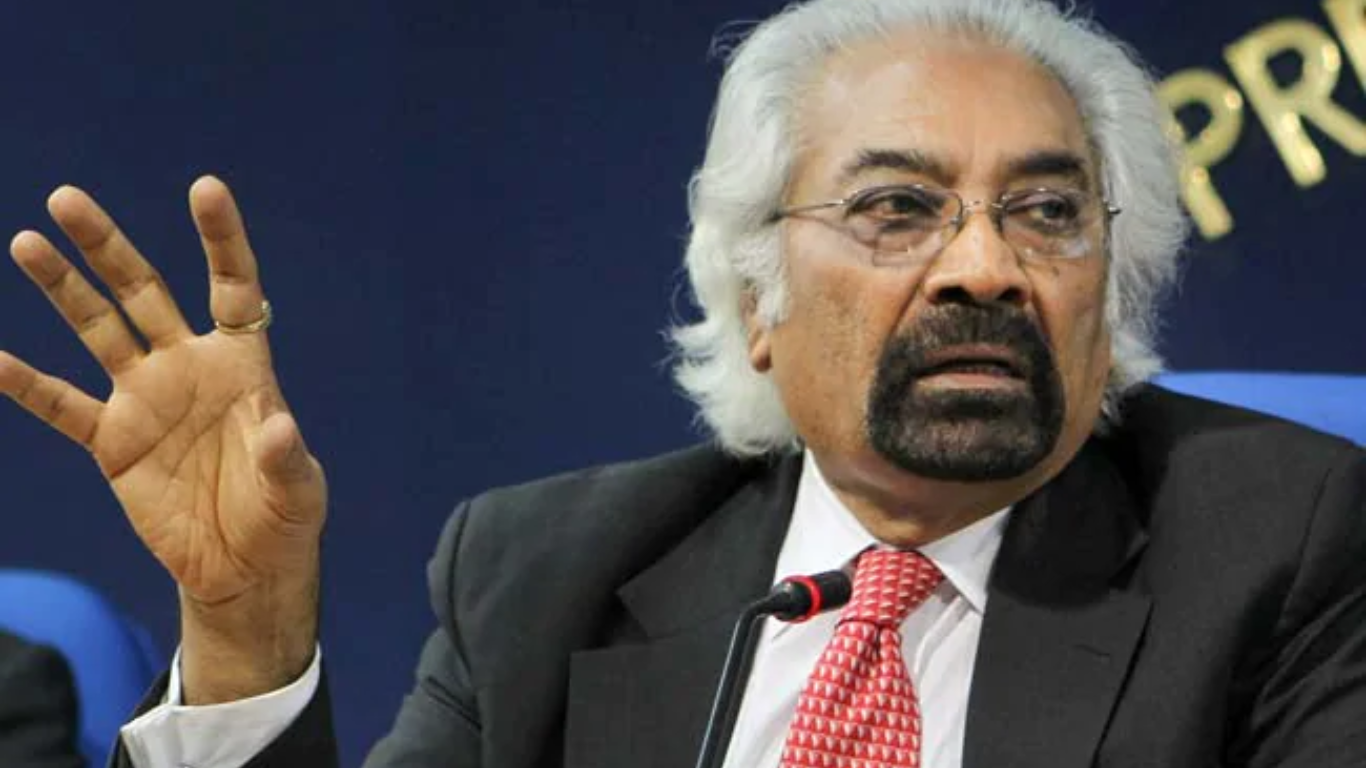


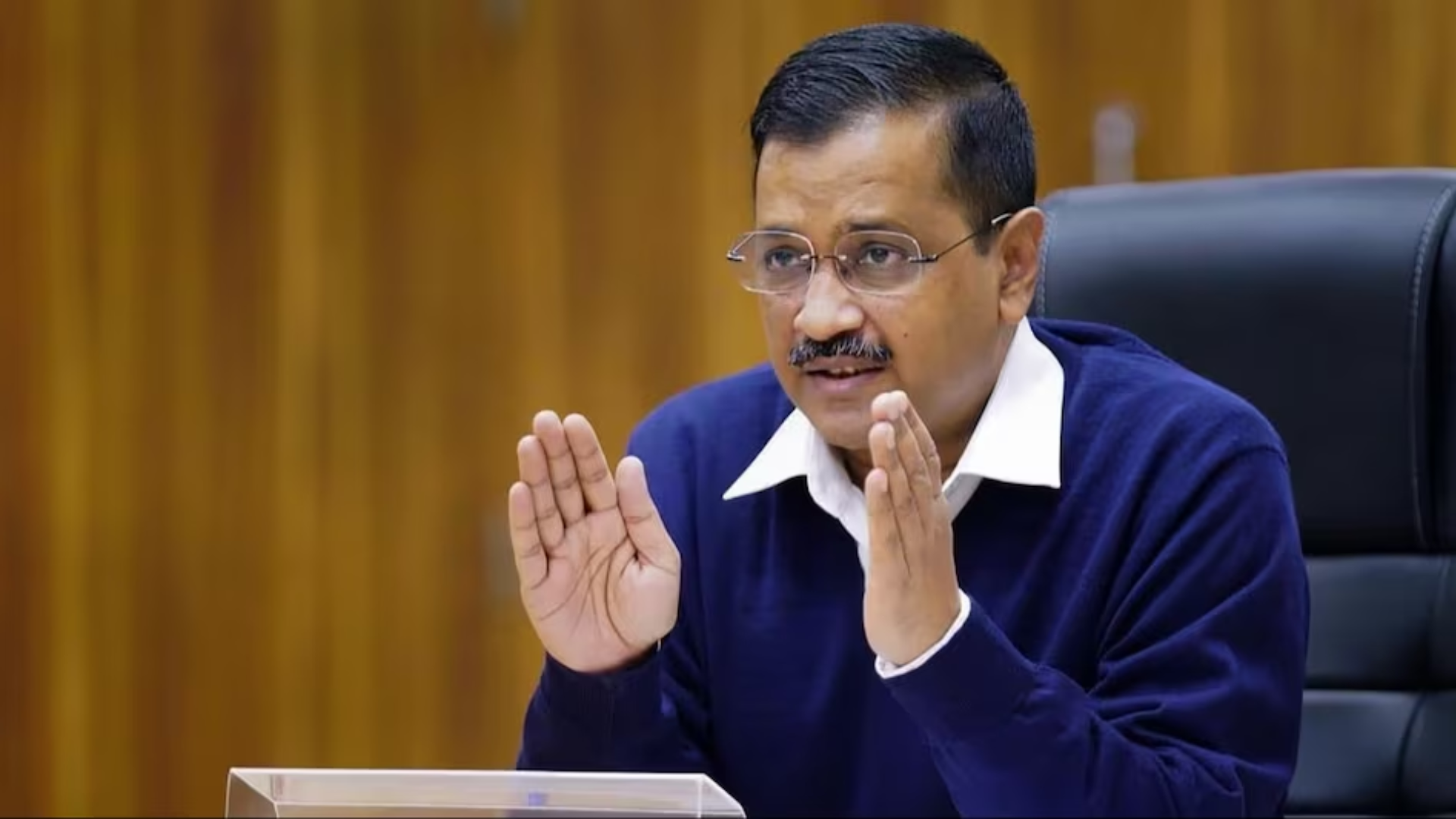


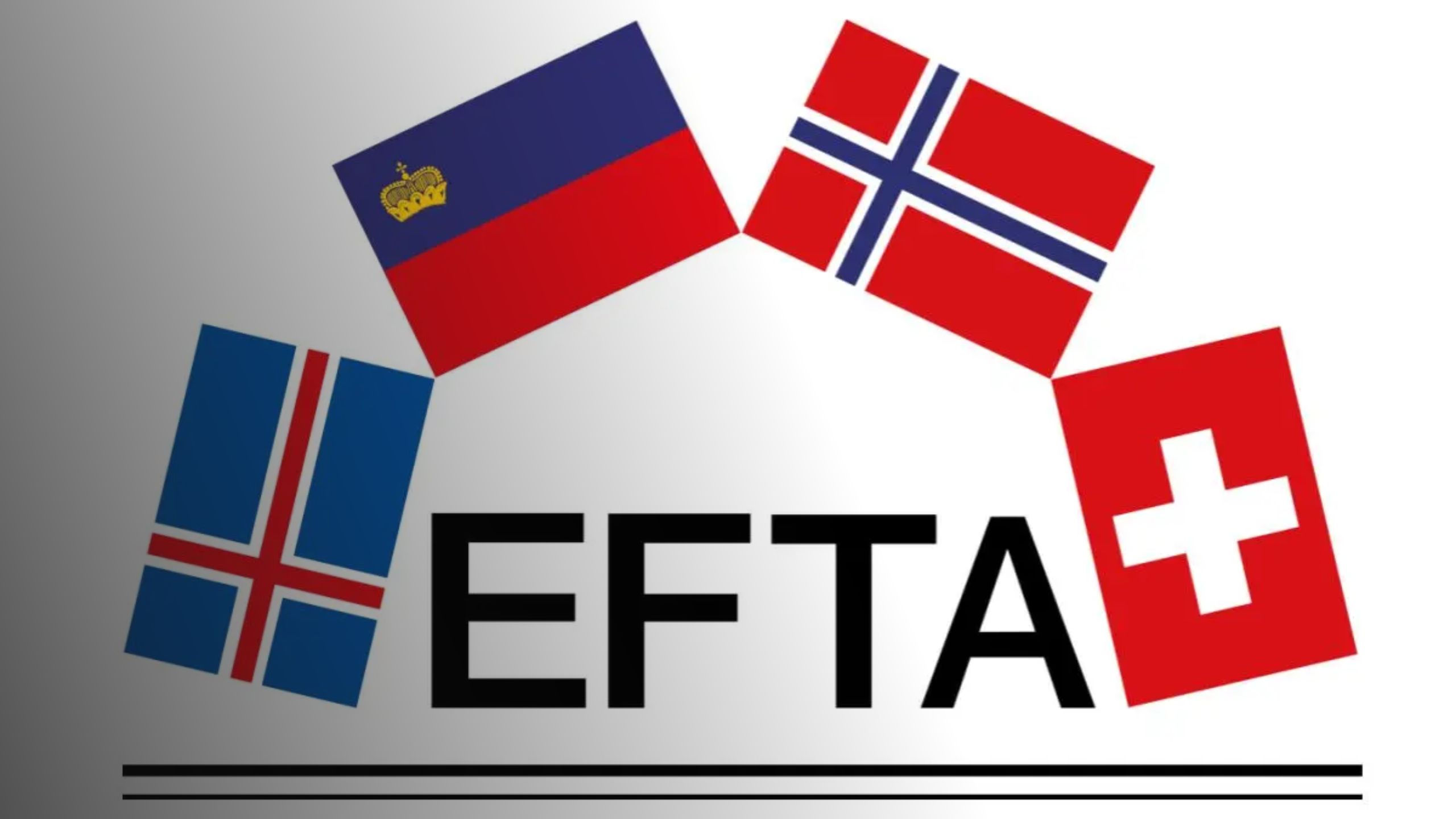
Following the groundbreaking trade pact between India and the European Free Trade Association (EFTA), Swiss Federal Councillor Guy Parmelin anticipates a surge in foreign investment from EFTA into New Delhi, translating into a rise in high-quality employment opportunities. The Trade and Economic Participation Agreement (TEPA) was officially inked between India and the four-nation European Free Trade Association on Sunday, with the Swiss Embassy underlining the substantial economic advantages expected from this landmark deal.
These benefits encompass better-integrated and more resilient supply chains, fostering fresh prospects for businesses and individuals on both ends, leading to heightened trade and investment flows, job creation, and economic expansion. The embassy highlighted the mutual endeavor to diversify and fortify supply chains, with India poised to attract increased foreign investment from EFTA, consequently bolstering job creation.
Signatories to the agreement included Union Commerce Minister Piyush Goyal, and Swiss Federal Councillor Guy Parmelin, along with ministers from Iceland, Liechtenstein, and Norway. Parmelin, representing the EFTA Member States, underscored the significance of accessing a major growth market through the agreement.
Furthermore, the pact enhances market accessibility and streamlines customs procedures, easing operational expansions for businesses in both Indian and EFTA markets. Emphasis is placed on facilitating and encouraging investment opportunities between the involved parties, marking a significant stride in their bilateral relationships.
The Swiss embassy released a fact sheet emphasizing the pivotal role of the TEPA pact in supporting India’s Make in India initiative. Switzerland, ranked seventh among India’s important investors according to the IMF, is keen on leveraging this agreement to channel investments and innovation into India, potentially transforming it into a global innovation hub. The pact also grants India access to Swiss cutting-edge technologies, particularly in sectors like precision machinery, boosting India’s manufacturing prowess.
Moreover, the agreement is expected to stimulate cross-border investments, with Swiss companies eyeing diversification of their supply chains by investing in India. This will not only enhance India’s attractiveness but also foster the creation of joint ventures and partnerships, thus driving foreign direct investment (FDI) into production, development, and research.
The Swiss Embassy highlighted the agreement’s role in job creation for India’s youthful workforce, coupled with skill development through technical and vocational training. It also stressed the promotion of mobility for Indian talents and unprecedented access to Indian suppliers across various service sectors.
The pact is projected to transform India into a global health and life sciences hub, enhancing legal certainty and providing a stable intellectual property framework to attract further investments from innovative Swiss companies. Additionally, it will foster sustainability initiatives in line with India’s ESG (Environmental, Social, and Governance) ambitions, promoting advanced, energy-efficient manufacturing practices.
Furthermore, the agreement aims to boost trade in innovative pharmaceuticals and modern medical equipment, supporting India’s healthcare system. It also sets standards for protecting Indian specialty products, laying the foundation for promoting their export.
Overall, the agreement is poised to deepen economic ties between the EFTA States and India, fostering dialogue, cooperation, and mutual understanding while unlocking significant opportunities for trade, investment, and job creation.



